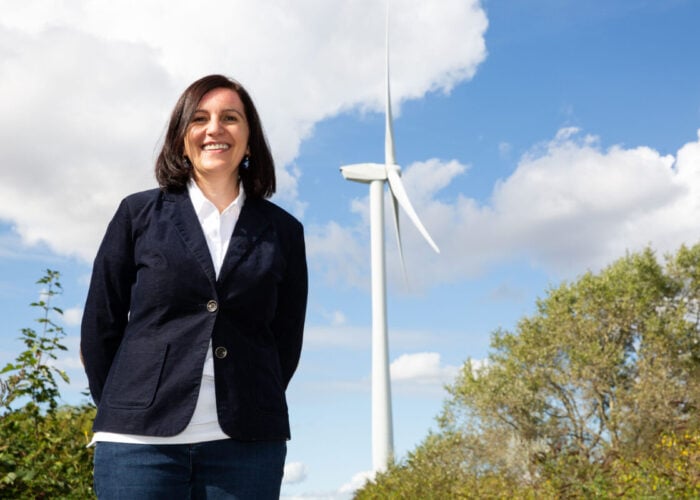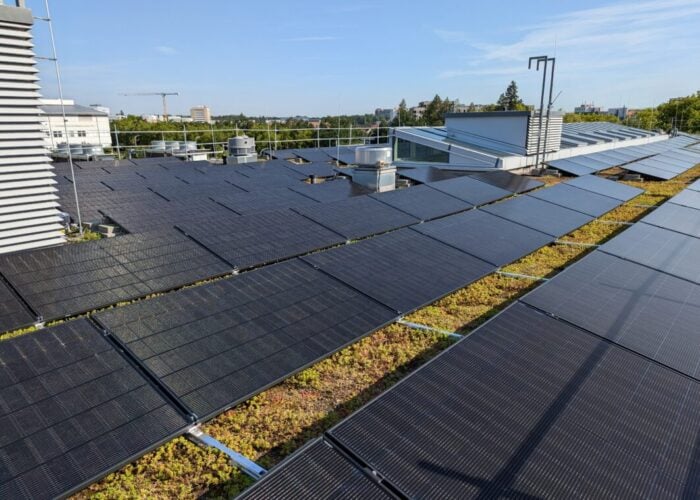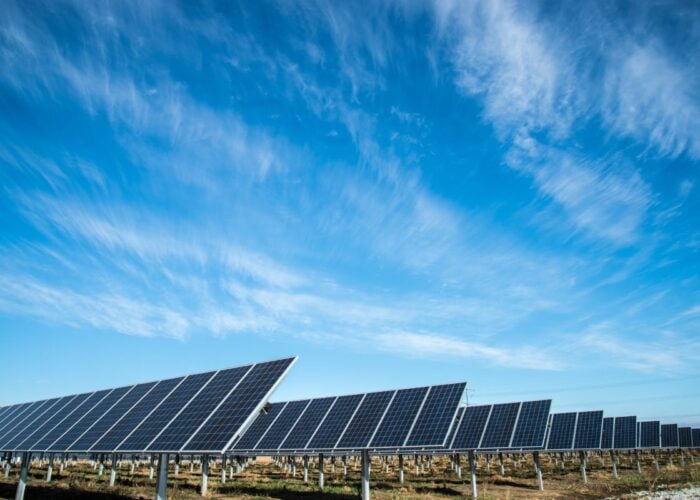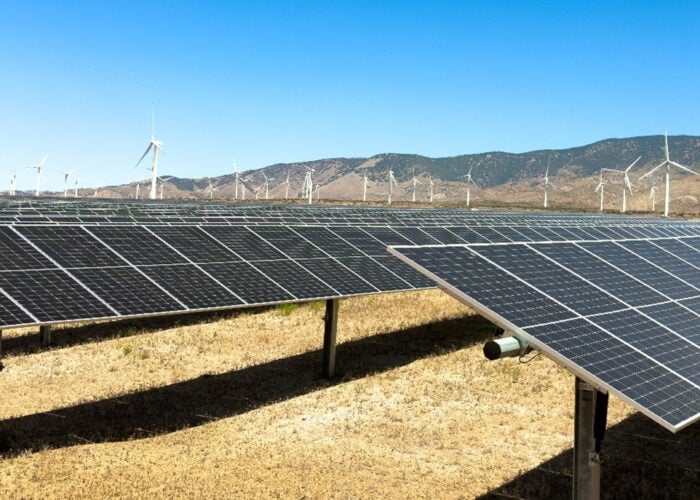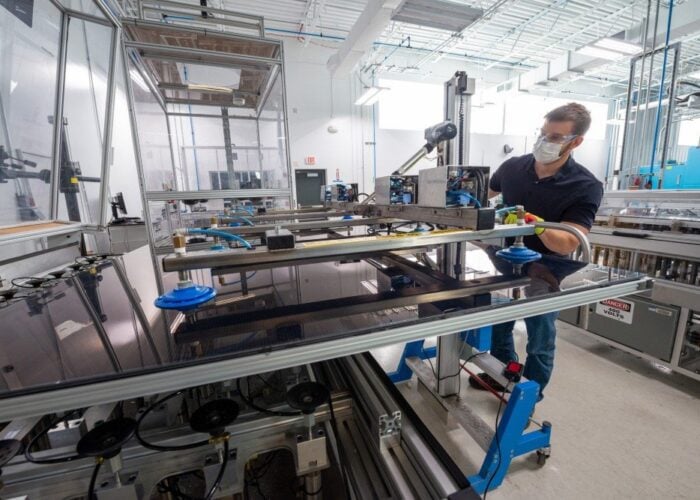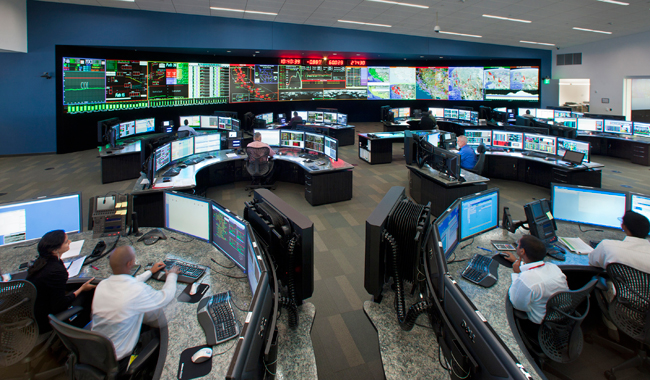
Seeking ways to optimise the use of clean energy, California network operator CAISO (California Independent System Operator) is considering the introduction of a load-shifting product that would incentivise storing peak energy for later use.
As part of a drive to lower barriers and enhance the ability of distribution-connected energy resources and transmission grid-connected energy storage to participate in CAISO’s wholesale markets, CAISO is now on the third phase of ESDER (‘energy storage and distributed energy resources’). Phases one and two of ESDER have looked at topics like how to enable multiple uses of energy storage systems at grid-level.
Unlock unlimited access for 12 whole months of distinctive global analysis
Photovoltaics International is now included.
- Regular insight and analysis of the industry’s biggest developments
- In-depth interviews with the industry’s leading figures
- Unlimited digital access to the PV Tech Power journal catalogue
- Unlimited digital access to the Photovoltaics International journal catalogue
- Access to more than 1,000 technical papers
- Discounts on Solar Media’s portfolio of events, in-person and virtual
A document presented to the CAISO Board of Governors a week ago argues that at present, wasting energy is being incentivised, with wholesale payments offsetting the retail rate paid out. Conversely, a change to a load shifting product would mean using clean energy like that generated at rooftop PV plants at times when it can be most beneficial to the network, for example by reducing demand on the grid in the early evening when workers return to their homes and consume more energy – while PV plants have stopped producing power some hours before that.
CAISO said that three energy storage system and service providers, Tesla, Stem and Green Charge, have participated in meetings with the network operator’s staff to discuss what a load shift product could look like and what its technical specifications should be. Also at the table was the California Energy Storage Alliance (CESA) trade group.
The introduction of the product could have implications for retail rates paid for electricity – new time-of-use rates designed to capture the value of solar load shifting might be needed, for example, CAISO said.
The proposal for a behind-the-meter load shift product will now be considered over the next year as part of the wider ESDER3 phase. The network operator said it will find “gaps in tariff provisions and current resource modelling capabilities to enable load shift capability with the desired features”. CAISO said it would aim to introduce any new product developed in 2019.


